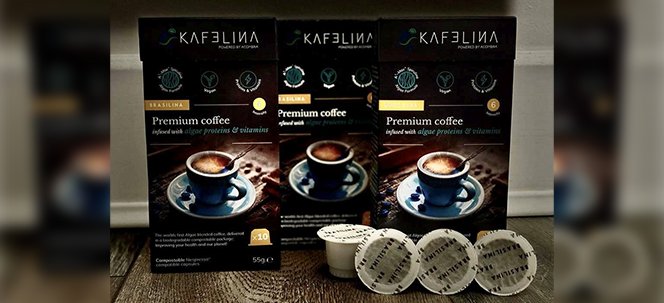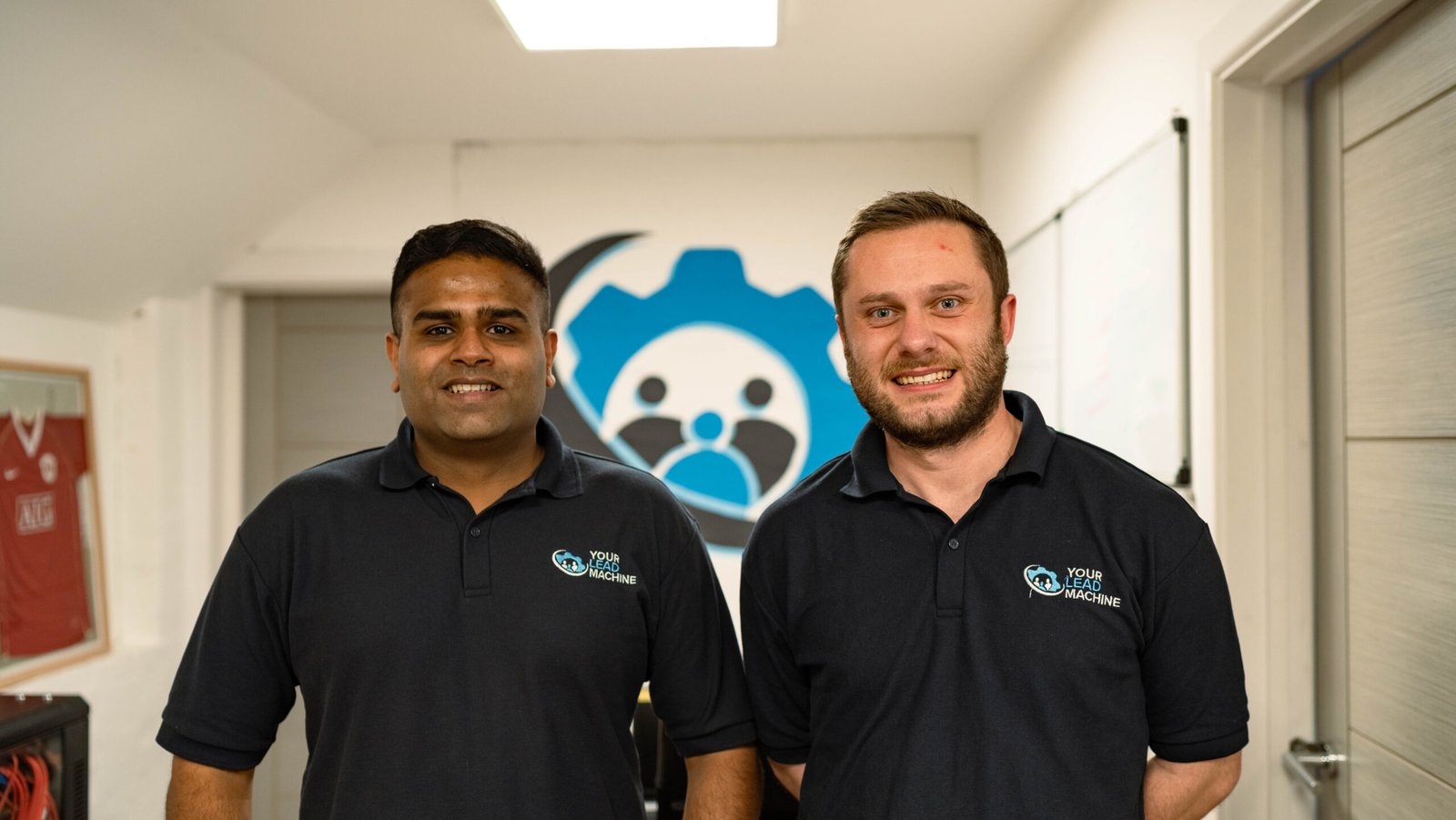Have you become comfortable selling D2C since the Pandemic? As we know, the Pandemic forced sellers to use social media and online portals to sell their products straight to their ideal consumers. Due to cafes and restaurants being closed and people spending limited time in supermarkets, it became virtually impossible to sell unique products any other way. But as the world is beginning to open, is D2C still a sustainable way to sell?
On the surface of D2C, there seem to be several benefits. You’re told you have more control over the business, it feels less stressful than dealing with big retailers, and your profit margins look even better than you thought but, is this really true?
Once we get into D2C, what is quickly realised is that in reality, stress levels aren’t lower. In general, there may be more control, but volume is significantly lower and you’re entering a very competitive market.
I guess the questions is, what can you do for your business to give it the best shot of surviving aside from D2C selling? In case it’s not been made completely clear, selling to retailers, newsagents and the hospitality industry is usually the way to go.
In 2021, Morrisons averaged 18,000 customers in their stores per week. It is important to note that this is the lowest footfall in the last few years due to COVID and the number will slowly increase to the 25,000 it was before. Why would you not want your brands to be accessible to that many people? And that’s just Morrisons.
As the country continues to return to normal (or as normal as it can get), selling products to retailers, wholesalers and the hospitality market is starting to make more sense again. Not to be too blunt, but people are (typically) lazy when it comes to their weekly shopping. As put in Mark Wieczorek’s LinkedIn blog “Ultimately the customer is going to want to manage 1 shopping cart, not 20.”
Consumers first must find your brand and understand its superiority to others. They then must go out of their way to purchase your product separately to their regular shop and try and make it work with their schedule. Why would you want to make it that hard for your customer?
What we aren’t saying is stop selling D2C altogether. In fact, some of the most successful brands run D2C selling alongside working with retailers and local businesses but exclusively selling D2C is simply not enough anymore. You’ll see a lot of articles claiming it is the future of selling, which is not strictly false, but if you want your sales to continue to rise, selling to retailers is the best way to keep your business growing by getting your name out there and increasing your brand awareness.
Ultimately, those businesses that claim the retailer decreases their margins are at fault of their own. We all have the power to walk away from a deal, and if you don’t then that’s on you. Make it work for you and the retailer, not just one party. We know multiple brands thriving in the retail sector. So, you can stay in your ‘comfortable’ place, or you can take your business to the next level. Ultimately its your choice.
If you want to act on any of the information above, we would love to speak to you.




